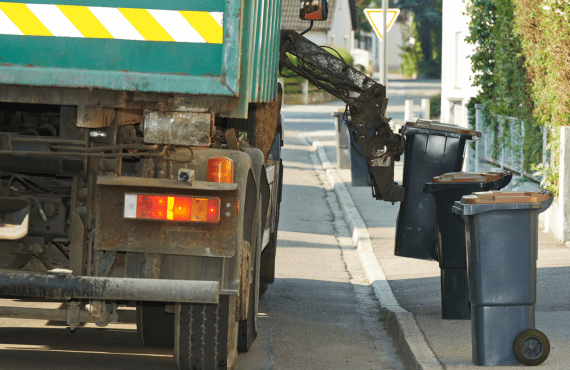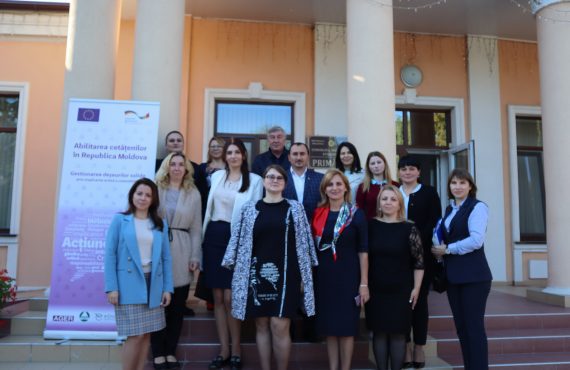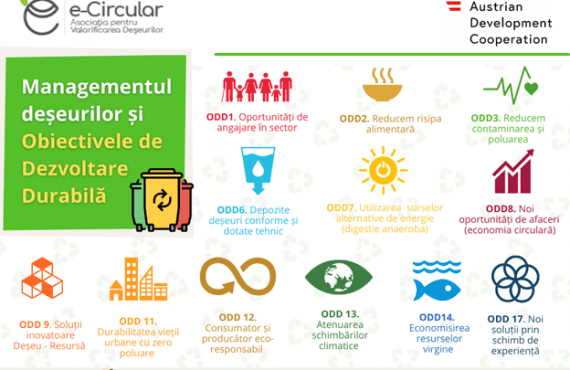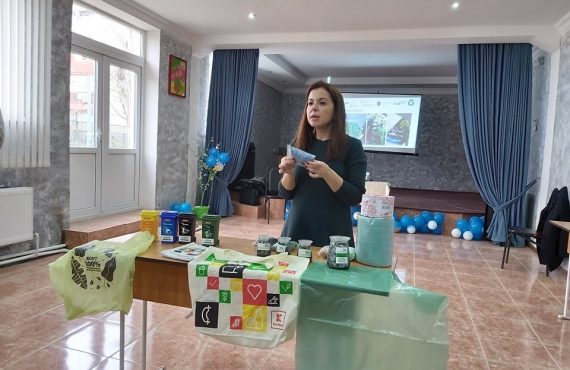On November 27, the Government meeting approved the greening program for small and medium enterprises. It will be implemented by the Organization for the Development of the Small and Medium Enterprise Sector and will run until 2021, with the possibility of extension. The budget of the program is 60 million lei, money allocated from the state budget.
The purpose of this Program is to promote, support and develop the capacities of SMEs to adopt greening practices in the production and service delivery processes.
In this context, more than 150 small and medium enterprises will benefit from state funding for the implementation of ecological technologies and innovations. Also, approximately 3,000 entrepreneurs will benefit from informational support on the benefits and principles of the so-called green economy. The initiatives were announced today during an international conference, which took place in Chisinau.
The greening of SMEs will offer the Republic of Moldova a series of opportunities, so that it can fully benefit from the Deep and Comprehensive Free Trade Agreement (DCFTA), as well as achieve the environmental objectives of the 2030 Agenda, adopted by the United Nations in 2015:
- increasing productivity by streamlining production processes and the efficient use of energy resources, raw materials, creating a space for innovation and added value, as well as allocating resources in accordance with production needs;
- increasing the level of investor confidence thanks to the Government's assumption of the implementation of public policies to reduce the impact of economic activity on the environment;
- expanding access to new markets due to increased demand for green products and services;
- ensuring economic growth based on the efficient use of available resources and reducing negative effects on the environment and health.
The program offers SMEs three main benefits:
1) stimulating the participation of SMEs in greening actions, maximizing the expected impact and reducing the pressure on the environment;
2) awareness of the benefits of greening SMEs in relation to the financially-sustainable development of businesses and environmental protection;
3) facilitating the implementation of environmental management systems and ecological labeling to ensure internationalization, promotion of exports, integration into international value chains.
The analysis of international statistics showed that SMEs generate about 641 TP3T of industrial pollution, while only 161 TP3T of these are engaged in environmental actions. Thus, a range of tools and best practices for encouraging the "greening of SMEs" that are implemented by the member states of the European Union can be adapted and disseminated among SMEs in the Republic of Moldova, in order to stimulate sustainable development and international economic competitiveness .






